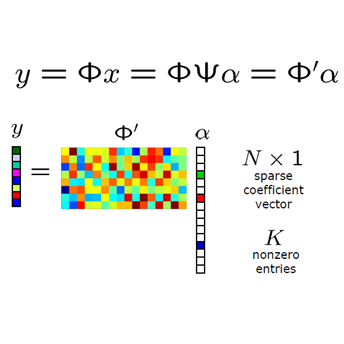Compressed sensing (CS) is an efficient method to reconstruct MR image from small sampled data in $k$-space and accelerate the acquisition of MRI. In this work, we propose a novel deep geometric distillation network which combines the merits of model-based and deep learning-based CS-MRI methods, it can be theoretically guaranteed to improve geometric texture details of a linear reconstruction. Firstly, we unfold the model-based CS-MRI optimization problem into two sub-problems that consist of image linear approximation and image geometric compensation. Secondly, geometric compensation sub-problem for distilling lost texture details in approximation stage can be expanded by Taylor expansion to design a geometric distillation module fusing features of different geometric characteristic domains. Additionally, we use a learnable version with adaptive initialization of the step-length parameter, which allows model more flexibility that can lead to convergent smoothly. Numerical experiments verify its superiority over other state-of-the-art CS-MRI reconstruction approaches. The source code will be available at \url{https://github.com/fanxiaohong/Deep-Geometric-Distillation-Network-for-CS-MRI}
翻译:压缩遥感(CS)是从小抽样数据中以美元空间重现MR图像并加速获取MRI的有效方法。 在这项工作中,我们提议建立一个新型深几何蒸馏网络,将基于模型和基于深深学习的CS-MRI方法的优点结合起来,在理论上可以保证改进线性重建的几何纹理细节。首先,我们将基于模型的CS-MRI优化问题发展成两个子问题,其中包括图像线性近似和图像几何补偿。第二,通过泰勒的扩展,可以扩大在近似阶段蒸馏丢失的文本细节的几何补偿子问题次问题,以设计一个使用不同几何特征特征特征的几何几何再蒸馏模块。此外,我们使用一个可学习的版本,以适应性地长参数初始化,使模型具有更大的灵活性,能够顺利地凝聚。数字实验证实其优于其他状态的CS-MRI再造法方法。源代码将可在Durlas/Glives-gust-stroma-stal-stimo.Mximmao/stimaromamao/styromao/styromao/styrodeol




